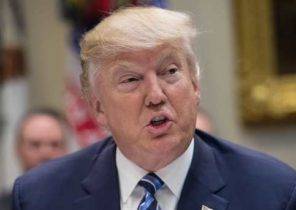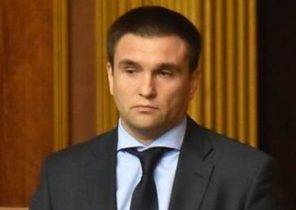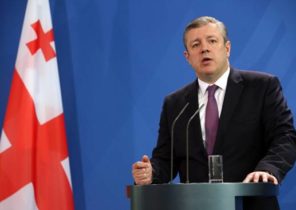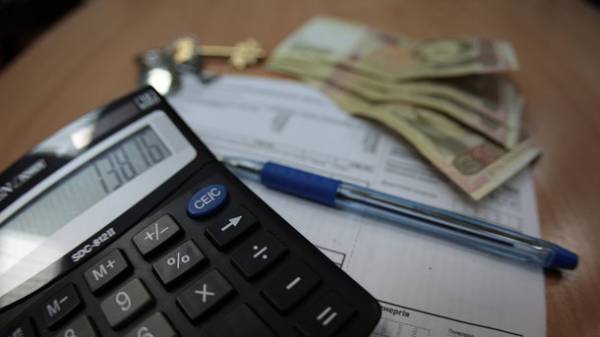
In the Ukraine this year on subsidies will allocate a record amount of about 71 billion hryvnia. At the moment, “a discount on a communal flat” has issued about seven and a half million Ukrainian households, by the end of the year this number will grow to nine million, with the country of 15 million families. Last year the government is talking about the need to introduce the monetization of subsidies, this is also referred to in the signed with the IMF Memorandum. The website “Today” found out, when Ukraine can introduce monetization and how it will work.
What is monetization and why it is still not introduced
As explained in the Ministry of Finance, a mechanism of monetization of subsidies, the government is discussing almost from the first day of their work. Analysis of energy consumption shows that Ukrainians subsidies burn more energy. Grant appointed to the social norms of consumption, which in Ukraine, experts say, is still too high. Ukrainians without “utility rebates” are interested in saving, while subsidence in any case will not pay more than the mandatory payment (if you spend in the normal range).
If monetization will be introduced, the government will provide funds for the payment of social norms and if to spend less the “change” you can keep. There are two main monetization models. The first is to pay money Teplokommunenergo (CTV), which will offset the subsidies, the second is to transfer the money allocated for subsidies from consumers.
The second model also has several variants. On account of subsidianes can transfer all the money to the communal, or only “saved” money. “In my personal opinion, I would go step by step, because this change carries risks. We don’t know how people will behave if we, the card will give all the money, and no usage restrictions. I’m not sure in this case does not fall payment discipline. The ultimate goal is to give money to people. Must be prepared by the technical solution: what card and on what basis. Perhaps you need to start with the monetization of residues, then we avoid the risks of non-payment. Then you need to go full monetization”, says Advisor to the Minister of Finance Yana Bugrimova.
According to the plans of the Cabinet, monetization for CTV will introduce this year, and monetization for users in 2018. At the moment, international experts, noted the Vice-Premier Pavlo Rozenko, it is not recommended to start the monetization.
“Believe me, we have discussed the idea of monetization of subsidies. Moreover, we worked with a very powerful international expert of the company, which also today in the current situation I do not advise to go to the monetized subsidies,” — said in an interview with “Obozrevatel” Deputy Prime Minister Pavlo Rozenko.
While she monetization, said Rozenko, will make the system of subsidies “uncomfortable”.
“Now, with the number of people that have subsidies (7.5 million), the conversation about monetization, or the monetization directly, will make the system of subsidies is uncomfortable for people, bring a bunch of different difficulties starting from the date of account opening until the moment is impossible to pay for subsidies in the village, at the post office for utility services”, — he said.
“Now, with the number of people that have subsidies (7.5 million), the conversation about monetization, or the monetization directly, will make the system of subsidies is uncomfortable for people, bring a bunch of different difficulties starting from the date of account opening until the moment is impossible to pay for subsidies in the village, at the post office for utility services”, — he said.
Monetization of subsidies – one of the conditions of the Memorandum between Ukraine and the IMF, however, the specific timing of the documents are not specified.
How many Ukrainians will be able to “earn” subsidies
Last year energy Minister Igor Nasalik suggested that its monetization model: money for a subsidy to transfer to the card “savings Bank” and to pay utility bills. According to the Minister, during the heating season, if you save, the monetization of the Ukrainian family can save up to 10 thousand hryvnia.
For example, the heating of one square meter of isolated five-and-a-half cubic meters of gas. The family that lives in the house with an area of 50 squares, to use as part of the grant 275 cubic meters of gas. At the moment, one cube of blue fuel is 6.8 hryvnia, 275 cubic meters will have to pay 1870 UAH. A portion of this amount (dependent on family income) for the rest is to pay the state. If instead of 275 cubic meters to 200 cubic meters spend, the money allocated by the grant to pay for 75 cubic meters of gas, you can keep and spend at their own discretion.
See ALSO: How to pay for heating less
With this monetization, the expert says, “Naftogaz” Alexey Habacuc, must precede large-scale verification. Now the Ministry of Finance finds subsidianes who made a purchase in the amount of 50 thousand hryvnias, however, to find someone who is hiding his real income is very difficult.
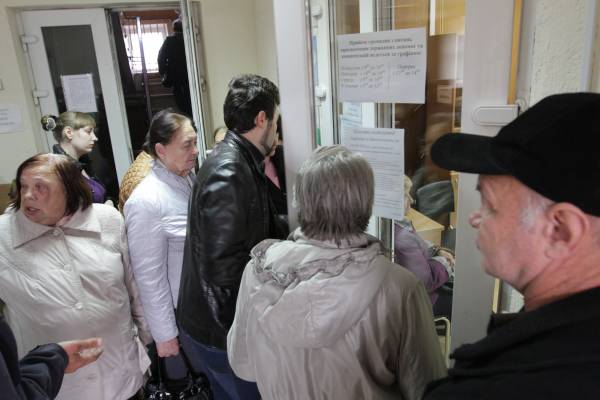
Photo: archive
“Not doing this, go to monetization is a multiplication problem. The motivation for fraud will increase,” – said the representative of “Naftogaza” Alex, Habacuc.
Note, the Finance Ministry is developing the law “On verification,” said the press service of the Ministry. The draft document is currently not published. His bill, which would allow the verification of newly developed according to the recommendations of the world Bank and the Ministry of social policy. The document approved at the Cabinet meeting on 1 February.
The most important innovation – the emergence of auditors (social inspectors), who will be able to walk the families and to check whether they need assistance from the state.
As stated in the draft law, the inspector has the right “to initiate a study of the social auditor of the material living conditions of the family, which asked for social assistance” and “to visit the recipients of social assistance at their residence.” The social inspectors will work in social protection bodies on the ground. This will create a structure headed by regional leaders, which will appoint the state Secretary of the Ministry of social policy.
